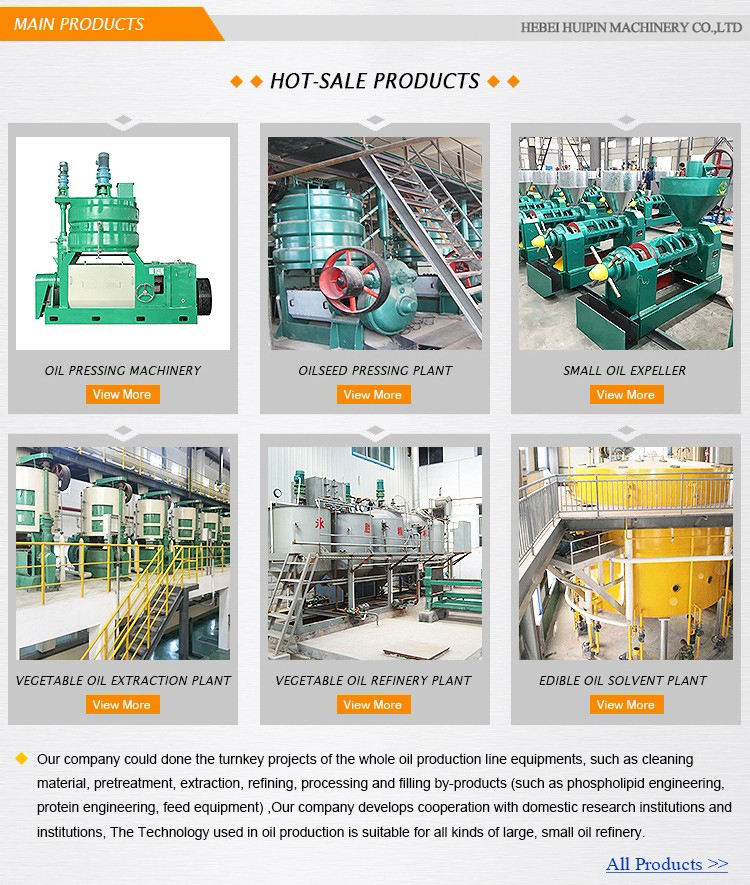Nov . 07, 2024 12:37 Back to list
Exporter of Vegetable Oil Refinery Plants and Equipment for Global Markets
The Growing Importance of Vegetable Oil Refinery Plant Exporters
In recent years, the demand for vegetable oils has witnessed significant growth, driven by a variety of factors including rising health awareness, increasing population, and the expanding food industry. As a result, the vegetable oil refining industry has taken center stage, with exporters playing a crucial role in meeting the global demand for high-quality refined vegetable oils. This article will explore the importance of vegetable oil refinery plant exporters, the processes involved in vegetable oil refining, and the emerging trends within this sector.
Understanding Vegetable Oil Refining
Vegetable oil refining is a complex process that involves several stages, including degumming, neutralization, bleaching, and deodorization. These stages are designed to remove impurities, undesirable materials, and flavors from crude vegetable oils, resulting in a product that is safe, palatable, and suitable for consumption or culinary applications.
1. Degumming This initial step removes phospholipids and other impurities that can affect the oil’s quality. Water is often used to hydrate and subsequently remove these substances.
2. Neutralization The next stage involves treating the oil with alkaline solutions, which help to eliminate free fatty acids. This process not only improves the oil’s flavor but also extends its shelf life.
3. Bleaching During bleaching, activated clay or carbon is added to remove pigments and residual soap from the oil. The bleaching process enhances the oil’s color and appearance, making it more visually appealing.
4. Deodorization This final step employs steam distillation to eliminate volatile compounds that may impart unpleasant odors or tastes. It is crucial for producing an oil that is neutral in flavor, making it suitable for a wide range of culinary uses.
The Role of Exporters
Vegetable oil refinery plant exporters play a pivotal role in the global supply chain for refined vegetable oils. These exporters are typically well-versed with international market requirements, quality certifications, and logistics, enabling them to facilitate seamless transactions between producers and consumers across various countries.
1. Market Access Exporters enhance market access for producers by connecting them with valid buyers in different regions. This is especially important in regions where local demand may not be sufficient to absorb the entire output of refined oils.
vegetable oil refinery plant exporter

2. Quality Assurance Reputable exporters often have rigorous quality assurance processes in place to ensure that the products meet international standards. This includes obtaining certifications such as ISO, HACCP, and organic certifications, which are essential for enhancing the product's credibility in foreign markets.
3. Logistics and Distribution Engaging in the export trade necessitates a keen understanding of logistics and distribution channels. Exporters manage the complexities of transporting bulk oils, including storage, packaging, shipping, and customs clearance, ensuring that products arrive safely and on time.
Emerging Trends
As the global marketplace adapts to changing consumer preferences, several trends are shaping the vegetable oil refinery plant export sector
1. Sustainability There is an increasing demand for sustainable and ethically sourced vegetable oils. Exporters are responding by focusing on sourcing practices that support smallholder farmers and promote environmentally friendly cultivation methods.
2. Health-Conscious Products With a greater emphasis on health and wellness, consumers are leaning towards oils that offer nutritional benefits, such as olive oil, avocado oil, and oils enriched with Omega-3 fatty acids. Exporters are keenly observing these trends to adjust their product offerings accordingly.
3. Technological Advancements Innovations in refining technology are enabling exporters to enhance the efficiency of their operations, reduce waste, and improve the nutritional profile of their oils. This can also result in reduced costs, making refined vegetable oils more competitive in the global market.
4. Digitalization The rise of digital platforms has revolutionized how trade is conducted. Exporters are leveraging e-commerce to reach potential customers and streamline their operations. Online marketplaces and B2B platforms are becoming increasingly important in the vegetable oil trade.
Conclusion
In conclusion, vegetable oil refinery plant exporters are integral to fulfilling the growing demand for refined oils worldwide. Their role encompasses not only facilitating trade but also ensuring quality, sustainability, and innovation within the sector. As the industry continues to evolve, staying attuned to market trends and consumer preferences will be key to maintaining competitiveness in the global landscape. The future looks promising for those involved in vegetable oil refining and export, making it a sector ripe for investment and growth.
-
High-Efficiency Physical Oil Refining Unit - Leading Exporters & Trusted Companies
NewsJun.10,2025
-
High-Efficiency Animal Oil Refining Machine - Leading Exporters & Reliable Companies
NewsJun.10,2025
-
Camellia Oil Mill Machine for Efficient Oil Extraction Leading Exporters & Companies
NewsJun.10,2025
-
Premium Pressing Shaft for Oil Press Machines Exporters
NewsJun.10,2025
-
High-Efficiency Centrifugal Filters Durable Industrial Separation
NewsJun.10,2025
-
Top Neem Seed Oil Press - Efficient, High-Yield Extraction Solutions
NewsJun.09,2025
